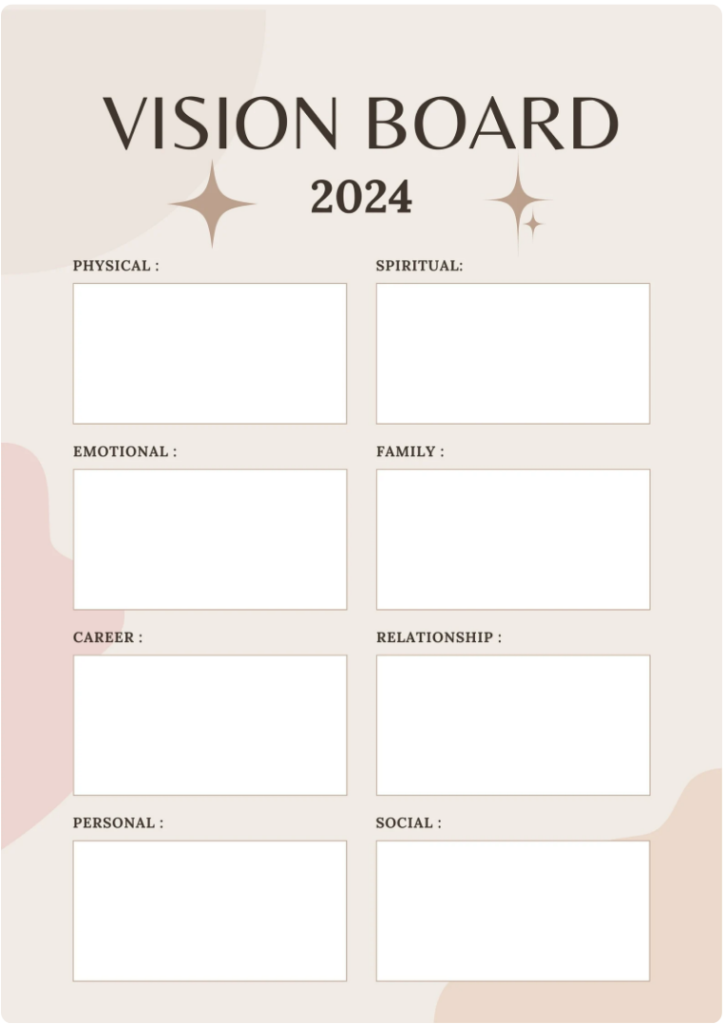
New Year New Me
The practice of making resolutions is rooted in the idea of self-improvement and the desire to make the upcoming year better than the previous one.
While New Year’s resolutions can be a powerful motivator for personal growth, it’s essential to approach them realistically and with a plan. Setting achievable goals, breaking them down into smaller steps, and maintaining a positive mindset can increase the likelihood of success in fulfilling resolutions
Staying on track with New Year’s resolutions can be challenging, but there are several strategies you can employ to increase your chances of success:
Be Specific
Define your resolutions in specific terms. Instead of a vague goal like “exercise more,” specify the type of exercise, frequency, and duration. Clear goals make it easier to track progress.
Set Realistic Goals
Make sure your resolutions are achievable and realistic. Setting overly ambitious goals can lead to frustration and disappointment. Break down larger goals into smaller, more manageable steps.
Create a Plan
Develop a detailed plan outlining how you will achieve your resolutions. This may include a schedule, milestones, and strategies for overcoming obstacles. Having a plan makes it easier to stay focused and organized.
Prioritize
If you have multiple resolutions, prioritize them based on importance and feasibility. Focusing on one or a few key goals at a time can prevent overwhelm and increase your chances of success.
Track Your Progress
Keep a journal or use an app to track your progress regularly. Documenting your achievements, no matter how small, can help maintain motivation and provide a visual representation of your success.

Celebrate Small Wins
Celebrate your achievements along the way. Recognizing and rewarding yourself for reaching milestones can reinforce positive behavior and keep you motivated.
Seek Support
Share your resolutions with friends or family who can provide support and encouragement. Having a support system can help you stay accountable and offer guidance when faced with challenges.
Adjust as Needed
Be flexible and willing to adjust your goals if necessary. Life is dynamic, and unexpected challenges may arise. Instead of giving up, adapt your plan to accommodate changes while staying true to your overall objectives.
Learn from Setbacks
If you encounter setbacks or temporary failures, view them as learning experiences rather than reasons to abandon your resolutions. Analyze what went wrong, adjust your approach, and continue moving forward.
Incorporate Accountability
Make yourself accountable by sharing your progress publicly or partnering with a friend who has similar goals. Knowing that others are aware of your resolutions can provide an extra layer of motivation.
Visual Reminders
Place visual reminders of your resolutions in strategic locations. Whether it’s a vision board, sticky notes, or digital reminders, visual cues can reinforce your commitment and keep your goals top of mind.
Practice Self-Compassion
Be kind to yourself if you experience setbacks. Perfection is unrealistic, and everyone faces challenges along the way. Practice self-compassion and refocus on your goals with a positive mindset.

Remember that New Year’s resolutions are a journey, not a destination. Consistent effort, patience, and a commitment to personal growth will contribute to your long-term success in achieving and maintaining your resolutions.



